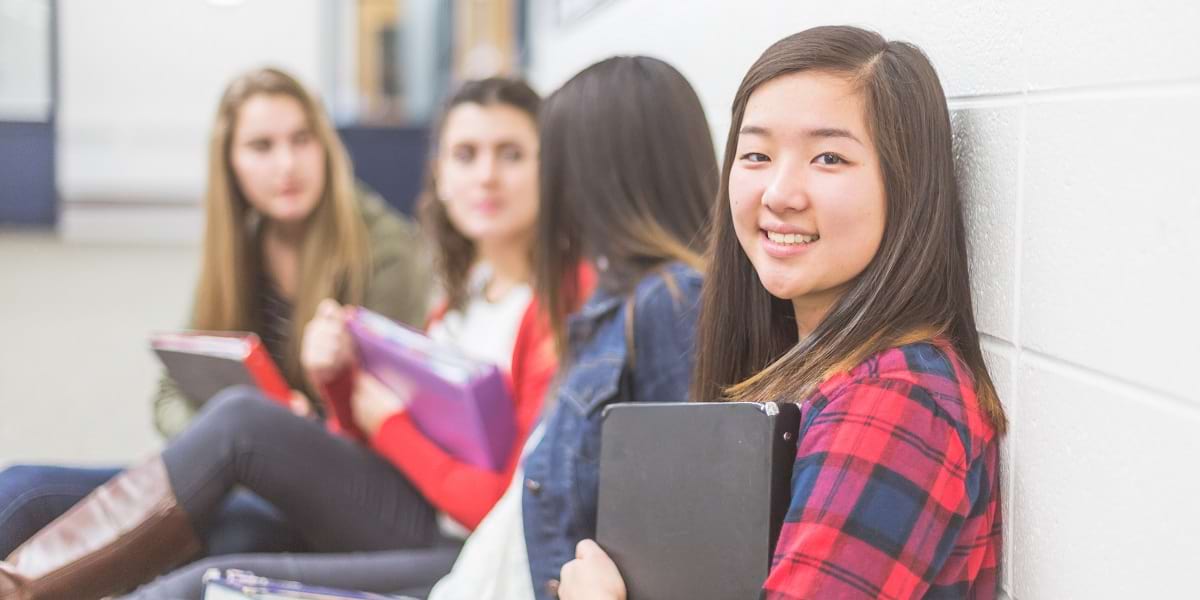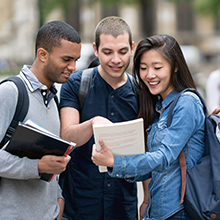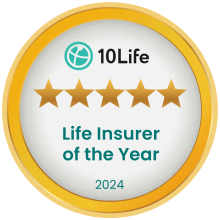While traditional study abroad destinations may not be affordable for every family, there are quite a few emerging places to choose from.
Is tuition always a good reflection of education quality?
If you think costly tuition is a guarantee of quality education, think again! You can always earn the money back, but your child’s future is in your hands right now!

Choosing a good school for your child is basic “Parenting 101”, but measuring the quality of a boarding school based only on tuition is not the way to do it. Wasting your hard-earned money is one thing, jeopardising the future of your kid is another.
Many Hong Kong parents send their children abroad for secondary school education, so that they can have a better grasp of the language as early as possible, and increase the chances of getting into elite schools in the long run. However, expensive tuition is by no means an effective indicator of good education. We have seen Hong Kong students who studied in the U.K. coming back with improved fluency in Mandarin. Therefore, extensive research is a must if you want your child to start off on the right foot.
Studying is stressful, especially in Hong Kong. In view of that, parents are now sending their kids abroad at a much earlier stage (aged 8 to 12). According to statistics, the number of Hong Kong students going to the U.K. for preparatory schools has increased significantly this year.
HKD300k-450k per year for a place at a U.K. boarding school
Boarding schools in the U.K. usually place great emphasis on students’ holistic development and critical thinking skills. Through participating in various extra-curricular activities, students have more opportunities to develop different interests and broaden their horizons.
Currently, there are more than 1,200 private boarding schools in the U.K. for students aged from 11 (S1) or 13 (S3) to 18, charging tuition fees of HKD300,000 to HKD450,000 per year1.
Secondary education in the U.K. normally starts for most students at the age of 11. When students reach 14, they generally enter the first year of a two-year process known as the GCSE. After sitting the GCSE exam at 16, they can choose either the International Baccalaureate (IB) or A-levels for a further two years. School starts in September each year, and parents who are interested in sending their children to the U.K. for secondary education should start preparations six months to one year in advance.
One thing to note: the quality of education varies considerably across different boarding schools. Some British schools are more well-established and equipped with better facilities, including football stadiums, and hockey and rugby pitches (straight out of Hogwarts!). However, some schools are not as well-equipped and look more like tutorial schools. Therefore, parents should never 100% rely on information as seen on websites. To better understand the actual campus, it is always recommended to arrange a school visit in advance.
U.S. boarding schools focus more on students’ personal interests
On the other side of the Atlantic, most of the popular boarding schools in the United States place great emphasis on extra-curricular activities and interview performance, in addition to the Secondary School Admission Test (SSAT) results.
There are five categories of extra-curricular activities: academic studies, social services, sports, arts and music. American schools tend to pay more attention to students’ personal interests, so parents should encourage their kids to develop some of their own if they have really set their mind on getting into one of these schools.
As the oldest private co-ed high school in the United States, Phillips Academy Andover is one of the most popular choices among ambitious parents. With a teacher-student ratio of one to five, and an annual boarding and tuition fee of around HKD410,000, the school manages to achieve one of the highest average SAT scores in the country.

Able to speak fluent Mandarin after studying in the U.K.?
Hong Kong parents are obsessed with school rankings and will do whatever it takes to arrange for their children to attend high-ranking schools and boost their chances of getting into top universities. However, one should bear in mind that tuition is not the only indicator of quality education. Parents should pick a school that matches with their children’s academic abilities. There is nothing more important than helping children establish self-confidence and develop independent thinking.
In addition, parents should pay extra attention to the teacher-student ratio and the proportion of international students in the school. The ideal teacher-student ratio is around one to five (with small class education). Parents should also keep an eye on the class arrangement as there have been cases where certain schools tried to group all the Chinese students in one class for the sake of “convenience”, resulting in Hong Kong students coming back with better Mandarin than English!
Arranging for children to study abroad at an early stage could be a financial burden for some families. A broadened world view often comes at a price. A broadened world view often comes at a price. If you would like to have a general idea on education costs around the world, and prepare the perfect education fund for your children, feel free to make use of the Education Budget Calculator for a comprehensive financial planning solution.
Source:
1 News from Sky Post – 英國寄宿學校 4大考慮因素
Information provided above is for reference only, please refer to the Conditions of Use of this site.



